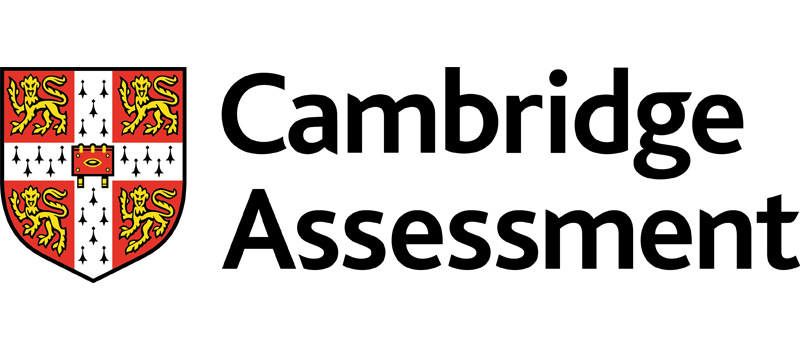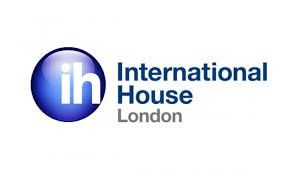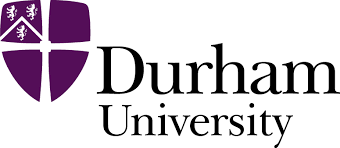
Implementing Asset Management (IFMAM Workshop 1)
Course ID: 2508110101199EGI
Course Dates : 11/08/25 Course Duration : 5 Studying Day/s Course Location: London, UK
Language: Bilingual
Course Category: Professional and CPD Training Programs
Course Subcategories: Leadership and Management Excellence
Course Certified By: * Projacs Academy
* Professional Training and CPD Programs
Certification Will Be Issued From :
KSA
Course Fees: £4,838.34
Vat Not Included in the price. VAT may vary depending on the country where the course or workshop is held.
Click to Pay
Date has passed please contact us Sales@e-s-hub.com
Course Information
Introduction
Asset management has emerged as a cornerstone of organizational success, particularly in industries where physical, financial, and human resources are critical to operational efficiency. The ability to strategically manage assets not only ensures optimal utilization but also enhances long-term value creation. This course delves into the principles of asset management, drawing from globally recognized frameworks such as ISO 55000 and the International Infrastructure Management Manual (IIMM). By understanding these frameworks, participants will gain insights into aligning asset management strategies with broader organizational goals.
In today’s competitive landscape, organizations face mounting pressure to maximize returns on investment while minimizing risks and costs. A significant challenge lies in bridging the gap between theoretical knowledge and practical implementation. Many professionals struggle to translate asset management policies into actionable plans, often resulting in inefficiencies or missed opportunities. This course addresses these gaps by providing hands-on tools and methodologies that empower participants to design and execute robust asset management systems tailored to their unique contexts.
Consider the case of a mid-sized manufacturing firm that implemented asset lifecycle management practices to reduce downtime by 25% within a year. Such outcomes underscore the transformative potential of effective asset management. However, achieving similar results requires a deep understanding of lifecycle costing, risk assessment, and performance measurement—areas this workshop explores in detail. Participants will learn how to identify inefficiencies in current processes and leverage data-driven insights to drive continuous improvement.
The relevance of asset management extends beyond traditional industries like manufacturing and utilities. Sectors such as healthcare, education, and transportation increasingly rely on sophisticated asset management practices to meet regulatory standards and deliver high-quality services. For instance, hospitals must meticulously manage medical equipment to ensure patient safety and compliance with health regulations. Similarly, educational institutions require strategic oversight of facilities and IT infrastructure to support learning environments. This course equips professionals across diverse fields with the skills needed to navigate these complex demands.
Mastering asset management offers dual benefits: enhancing individual career prospects while driving organizational growth. Professionals who demonstrate expertise in this domain position themselves as indispensable leaders capable of steering initiatives that yield measurable results. Organizations, in turn, benefit from improved decision-making, reduced operational costs, and increased resilience against disruptions. These advantages are further amplified when teams adopt a unified approach to asset management, fostering collaboration and accountability at all levels.
By integrating established theories, real-world examples, and interactive exercises, this workshop provides a comprehensive learning experience. Participants will engage with case studies illustrating successful implementations, explore cutting-edge technologies shaping the future of asset management, and develop customized action plans for their organizations. Whether you are new to the field or seeking to refine your skills, this course promises to equip you with the knowledge and confidence to excel in asset management.
Objectives
By attending this course, participants will be able to:
Analyze the key components of an effective asset management framework based on international standards such as ISO 55000.
Evaluate risks associated with asset lifecycles and propose mitigation strategies to enhance operational reliability.
Design asset management plans that align with organizational objectives and stakeholder expectations.
Implement data-driven tools and techniques to monitor asset performance and optimize resource allocation.
Apply lifecycle costing methodologies to make informed decisions about asset acquisition, maintenance, and disposal.
Develop strategies for integrating sustainability principles into asset management practices.
Assess compliance requirements related to asset management and recommend corrective actions to meet regulatory standards.
Who Should Attend?
This course is ideal for:
Asset managers, facility managers, and operations directors responsible for overseeing physical and financial resources.
Engineers, project managers, and consultants involved in designing, maintaining, or optimizing infrastructure and equipment.
Financial analysts and procurement specialists tasked with evaluating asset-related expenditures and investments.
Compliance officers and auditors ensuring adherence to regulatory frameworks governing asset management.
Training Method
• Pre-assessment
• Live group instruction
• Use of real-world examples, case studies and exercises
• Interactive participation and discussion
• Power point presentation, LCD and flip chart
• Group activities and tests
• Each participant receives a 7” Tablet containing a copy of the presentation, slides and handouts
• Post-assessment
Program Support
This program is supported by:
* Interactive discussions
* Role-play
* Case studies and highlight the techniques available to the participants.
Daily Agenda
The course agenda will be as follows:
• Technical Session 08.30-10.00 am
• Coffee Break 10.00-10.15 am
• Technical Session 10.15-12.15 noon
• Coffee Break 12.15-12.45 pm
• Technical Session 12.45-02.30 pm
• Course Ends 02.30 pm
Course Outlines
Foundations of Asset Management
Overview of asset management principles and terminology.
Introduction to ISO 55000 and its role in standardizing practices.
Understanding asset lifecycle stages and their implications.
Case study: Lessons learned from a global utility company.
Day 2:
Risk Assessment and Mitigation Strategies
Identifying risks across asset lifecycles.
Techniques for conducting quantitative and qualitative risk assessments.
Developing risk mitigation plans using industry best practices.
Group exercise: Creating a risk matrix for a hypothetical scenario.
Day 3:
Data-Driven Decision Making
Leveraging analytics to monitor asset performance.
Tools and software for tracking asset metrics and KPIs.
Applying predictive maintenance models to reduce downtime.
Real-world example: How predictive analytics transformed fleet management.
Day 4:
Lifecycle Costing and Sustainability
Principles of lifecycle costing and its impact on budgeting.
Evaluating trade-offs between upfront costs and long-term savings.
Incorporating environmental considerations into asset management.
Workshop: Calculating lifecycle costs for a capital-intensive project.
Day 5:
Compliance and Strategic Alignment
Navigating regulatory requirements for asset management.
Aligning asset strategies with organizational mission and vision.
Building a culture of accountability and continuous improvement.
Final activity: Presenting an asset management action plan.



















































